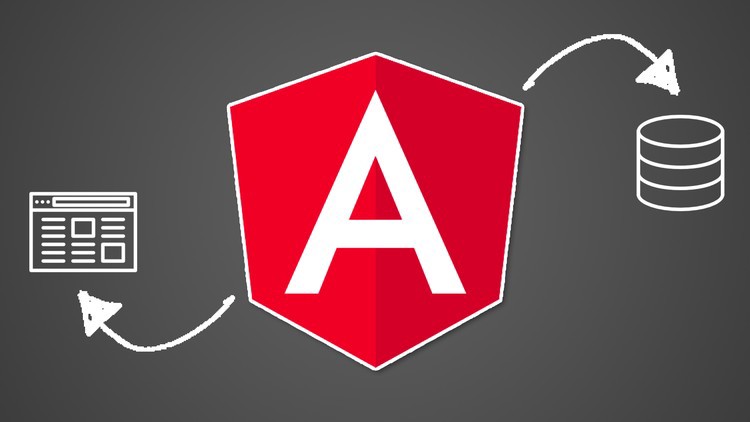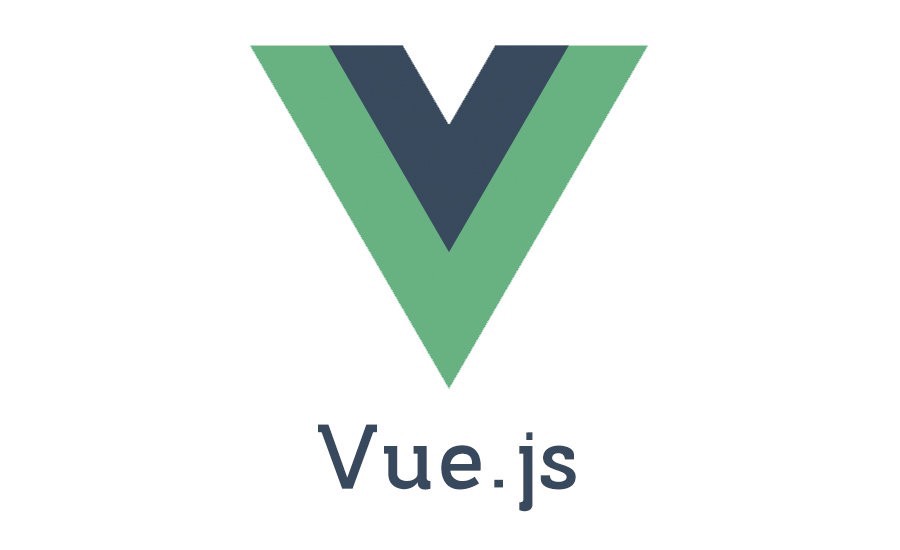Hello Guys, I hope you are doing great. I am sure you all have already made your goals by now and thinking about how to achieve those goals. If one of your goals is to learn to code or to become a Web Developer then I have something great to share with you today, the Web Developer RoadMap.




It’s a collection of different paths to learning front-end, back-end, and all other things a Web developer should know. You will not just know about web development but about essential programming stuff which is important for all kind of programmers.
The RoadMap is also divided into 3 sections, the first section is about common skills which every web developer should know, while the second and third section is about front-end and back-end development, two main areas of web development.
You can either learn Front-end or Back-end or both, depending upon your choice. If you want to become a FullStack Web developer then you have to learn both front-end and back-end, there is no escaping there.
In Frontend also you can choose to learn the framework you want like React, Angular or Vue.js, you don’t need to learn them all but learn the one you like.
Anyway, Here’s where you’ll start. As I have said before, You can choose either the Front-end or Back-end path below, depending upon your interest. Regardless, there are eight recommendations in yellow that you must learn for either path, these are the common things every programmer should know.



 How to become a Web Developer in 20
How to become a Web Developer in 201. Git:-
One of the most popular version control system. It’s just not possible to live without Git anymore. You can check out The Git Complete Guide on Udemy to start with.
2. SSH:-
It allows you to remove login to another host, another popular networking concepts which every web developer should know.
3. HTTP / HTTPS:-
The HTTP protocol is the backbone of web and a good knowledge of both HTTP and HTTPS is mandatory for a web developer
4. Basic Terminal Usage Linux Command line Basics:-
Not just a web developer but for any programmer, the Linux command line is very very important and I strongly recommend you to spend some time to learn them. The Linux command line basics course on Udemy is a good place to start with and if you like free courses, you can use these free Linux courses to start learning Linux.
5. Data Structures and Algorithms:-
These are the building blocks of any program and better knowledge of Algorithms and Data Structure is key for your next job or doing well on your current job.
6. Character Encodings:-
If you are creating global applications which shows information in many different languages across the world then you should have a good knowledge of character encodings. It basically tells your browser how to show your data.
7. GitHub:-
There is no doubt that every programmer should know Git and Github as they are the standard in terms of version control and code repository. If you want to learn and master Git and Github, you can check these free Git course.
The Frontend Developer RoadMap:-
1. Web Development Basics:-
It’s pretty obvious that if you want to become a Web Developer then you should know the basics of internet, web applications, protocols like HTTP and web development in general. Thankfully there are a lot of courses where you can not only learn these but much more than that.
I recommend the following resources for all programmers who want to learn Web Development:
- The Web Developer BootCamp by Colt Steel
- The Advanced Web Developer Bootcamp
- The 2019 Complete Web Developer Bootcamp by Angela Yu
2. HTML and CSS:-
HTML and CSS are the backbones of any website. HTML provides the structure while CSS provides the style and help them to look better and more visually appealing. If you want to become a serious frontend developer then you must master these two and to start with, you can check these free HTML and CSS courses to learn online.
3. JavaScript:-
Just like four pillars of object-oriented programming, I mean Abstraction, Encapsulation, Polymorphism, and Inheritance, there are three main pillars of web development, namely — HTML, CSS, and JavaScript.
The first two provides structure and style but it’s the JavaScript which makes them alive by adding inter activeness. It’s extremely important for a modern Java developer to learn JavaScript and thankfully there are many courses which you can look to learn both beginner and advanced JavaScript, here are some recommendations:
4. TypeScript:-
Just like we have C and C++, TypeScript can be considered as JavaScript++ though it’s not as popular as C++.The good part of TypeScript is that it adds type-safety in JavaScript code which means you can catch nasty JavaScript type related errors in the development phase.It also makes developing object-oriented code easily for JavaScript. If you want to learn TypeScript, Understanding TypeScript is a great course to start with and if you need more choices or free alternatives, here is another list of some free TypeScript courses to start with.
5. Angular:-
Gone are the days when people build websites using plain HTML, CSS, and JavaScript. Nowadays most of the work is done by a framework like Angular, React JS or Vue.js.
They not only provide a structure for storing your code but also makes it easy to develop a web application in quick time.
Angular is backed by Google, hence learning Angular is a good choice for any modern Web Developer. If you want to learn Angular there is no better course than Max’s Angular 7 (formerly Angular 2) — The Complete Guide on Udemy.

6. React JS:-
Similar to Angular, React is also a popular library for developing web applications. It allows you to write reusable components which you can then use to create modern looking interactive web pages.Like Angular is backed by Google, React is backed by Facebook and hence quite popular. If you want to learn React then you either join Stephen Grider’s Modern React with Redux or Max’s React — The Complete Guide on Udemy. Both are excellent courses to learn to React online.
Here are the links:
7. Vue.js:-
The Vue or Vue JS has really picked up speed last year and more and more people are recommending and using Vue.js. I am still a beginner on Vue and probably take some time to learn and migrate into Vue based application. But, if you have already made a decision you can start with Vue.js Essentials course on Udemy.

The Backend Developer RoadMap:-
If you want to become a back-end developer, then you can follow this Back-end Developer RoadMap. Again, you can start with yellow boxes which highlight key technologies you need to learn and then grow from there. Below the RoadMap, you will find some supplementary material and links to courses and books to aid your learning.








1. Node.js:-
There are many choices to develop your web application’s backend e.g. you can use Java and Spring or maybe Python + Django but in recent year Node.js has come up as the preferred option.The best thing about NodeJS is that it allows you to develop a complete web application using just one programming language — JavaScript.If you want to go Node route, then The Complete Node.js Developer course by Rob Percival and Andrew Mead is best to start with.

2. Java:-
I am primarily a Java developer who have learned Web Development and other programming languages, hence when it comes to developing backend my preferred choice is Java. You can either use Core Java or Java + Spring Boot to write a cutting edge, high-performance backend. If you want to go Java and Spring route, here are a couple of courses you can join to get up-to-speed.




3. Python:-
Python is another awesome language, full of powerful framework and libraries. If you want to develop backend using Python then you can use Django, a full-stack web development framework for Python programmers. To start with here are a couple of courses to learn Python and Django:
4. Ruby:-
Ruby is another powerful language perfect for web development. It has got a great framework called Rails which makes creating Web applications really easy and fast. If you want to start with Ruby you can check out The Complete Ruby on Rails Developer Course on Udemy.
5. PHP and MySQL:-
Forget about whatever negative things people say about PHP. It is still the easiest way to write the server side code and many, almost 50% of the internet runs on PHP and MySQL stack.
If you are interested in learning PHP, you can check out PHP for Beginners course on Udemy. If you need more choices and free resources, you can also check my list of free PHP and MySQL courses to start with.
That’s all about how to become a Web Developer. This is an excellent resource to start with as it highlights several paths to become the Web developer you always wanted to be.
Though, if you stuck somewhere and if there is any confusion, you can always ask here and we’ll try to answer your queries as best as possible.




Comments
Post a Comment